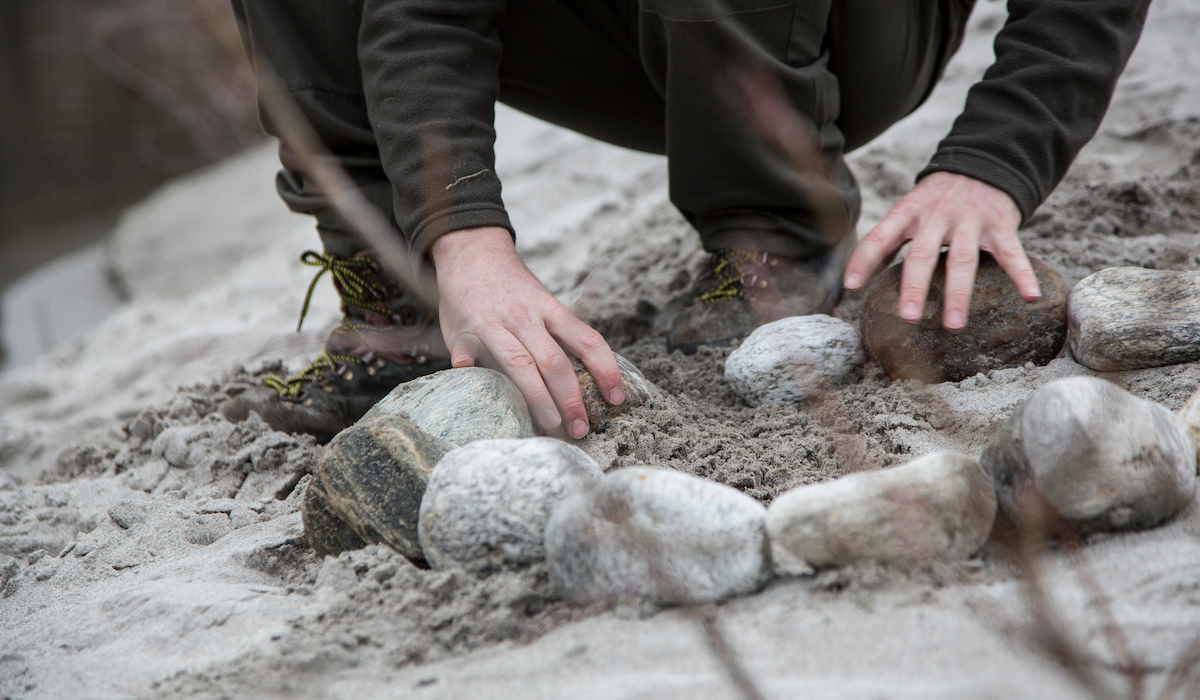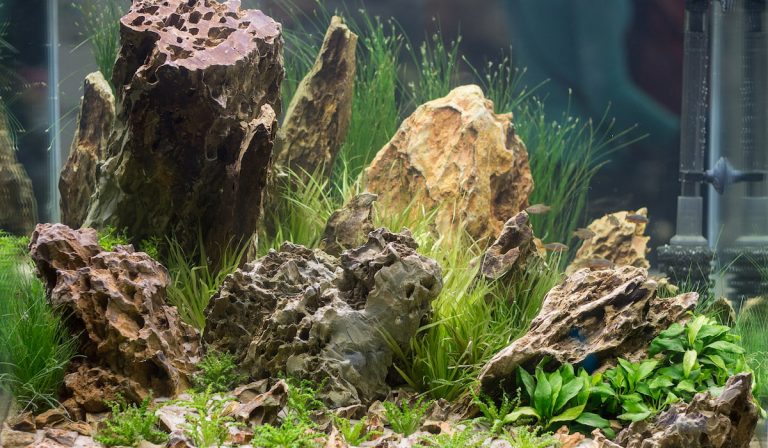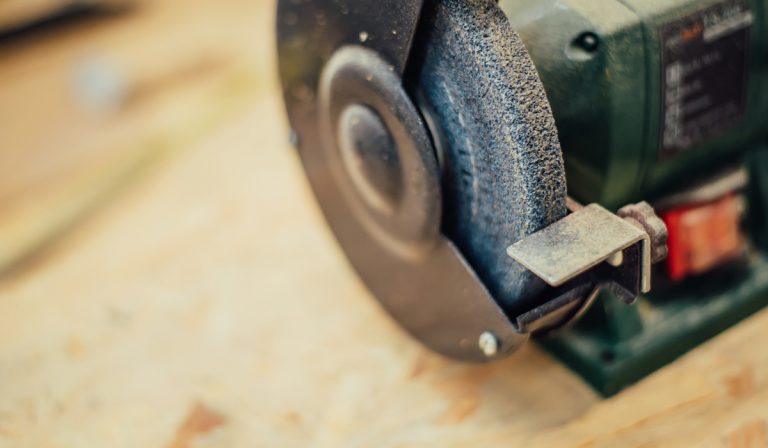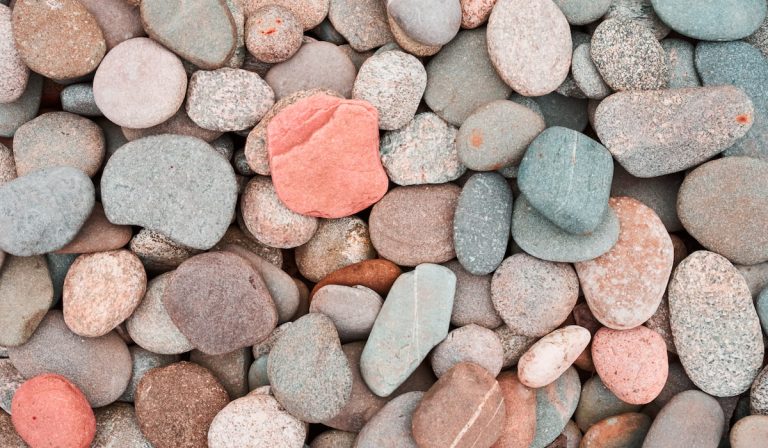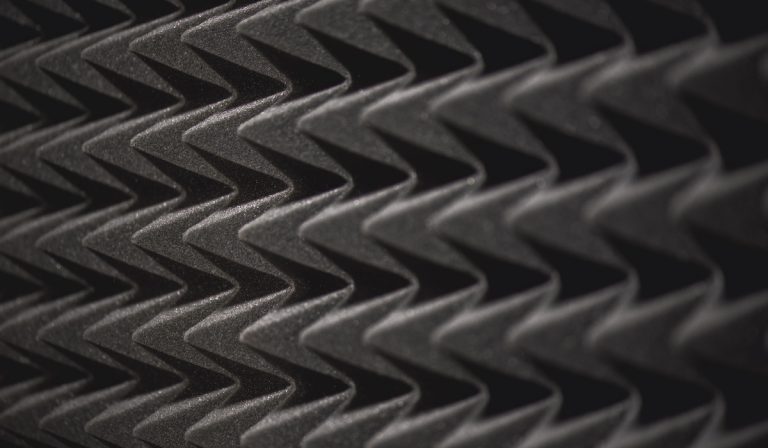What Happens If I Boil a Rock? (Results from Observations)
Rock collectors have some practices that you might find weird. For example, you may see people boiling rocks.
When you boil the right type of rocks, you are sterilizing them. This means that you are killing and removing every germ and microbe on the rock. You can use boiled rocks in aquariums, spas, etc. You should, however, only boil certain types of rocks.
Why do people boil rocks? Is it safe to boil rocks? Here in this article, I will explain what happens when you boil rocks and also give you some reasons why people boil rocks. We’ll also cover what types of rocks you should and should not boil.
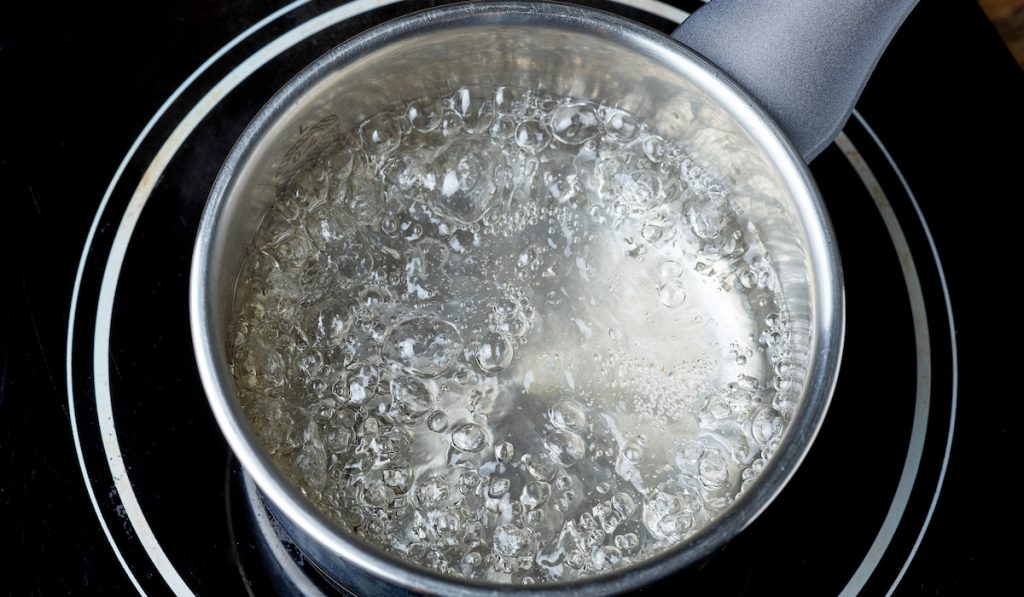
What Happens When You Boil Rocks
When you boil rocks, a lot of things can happen. For example, rocks can significantly increase the water temperature. This is because rocks have a higher melting temperature when compared to the boiling point of water, so rocks in boiling water can increase the water temperature to more than 212°F (100°C) according to the pressure.
As the temperature increases, every microbe (algae, fungi, and bacteria) present in or on the rock will be killed and the rock will be sterilized. This increase in temperature, however, can also increase the temperature of water in the rock.
As some types of rocks (to be mentioned later) stay longer in water, water passes through little pores in the rocks and stays in tiny spaces in the rocks. If the rock you are boiling has pores inside filled with water or air, the increase in water temperature can increase the pressure in those spaces.
As the pressure increases and becomes too much, the rock will explode and can damage your pot or even hurt you.
This is why you must be careful when selecting rocks during collection and also make sure to boil only the safe rocks.
Useful and Important Tips When Boiling Rocks
Don’t worry, not all rocks you boil will explode. Most rocks that you will find might not explode, but you still have to be safe. Use the tips below:
1. Boil Rocks Collected from High and Dry Locations
Most rocks that explode are waterlogged. This means that they might have been soaked with water and it is the pressure of this water that causes them to explode when they are kept in boiling water.
Aside from waterlogged rocks, you should avoid rocks such as shale, quartz, slate, and obsidian as they usually explode.
Only boil rocks with no visible holes and those recommended by other rock collectors.
While you can boil some river rocks, many river rocks tend to crumble when boiled.
2. Scrub the Rock Before Boiling
When you scrub rocks before boiling them, you are removing potential shelter for germs. You are also exposing the surface of the rock so that you can see if the rock has holes or cracks.
You should wash the rocks with a brush in soapy water and allow them to dry off before boiling them.
3. Do Not Boil Rocks with Cracks
As mentioned earlier, do not boil any rock with signs of cracks. Even if it does not explode, a rock with cracks can crumble in boiling water.
If it does not crumble in boiling water, a cracked rock has potential hiding spots for parasites in a fish aquarium (that’s if you want to use the rock in an aquarium). Do not use rocks with cracks.
4. Test the Rocks to Know if You Can Boil Them
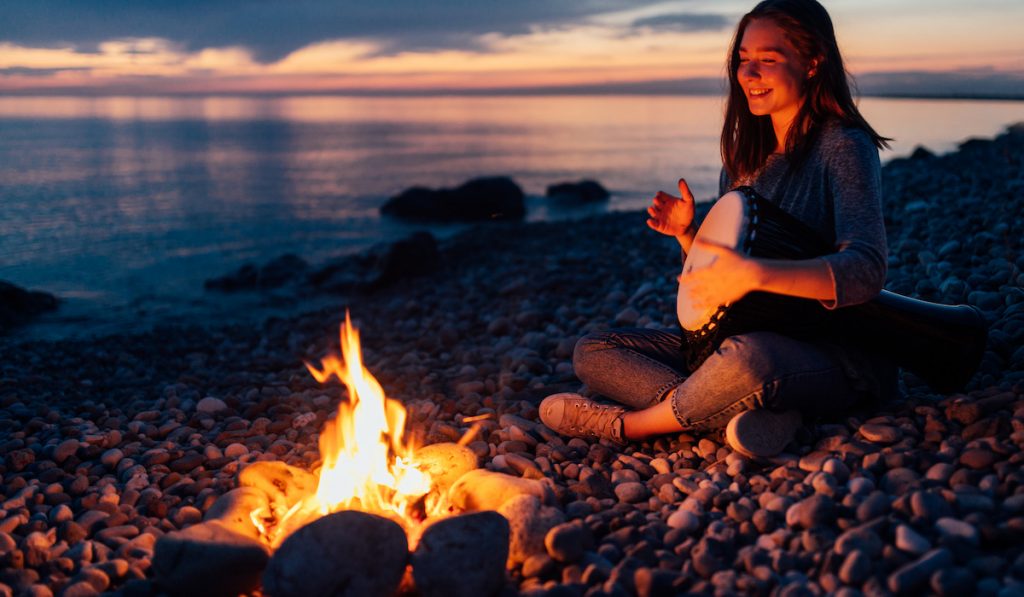
The best way to test if a rock will crumble or not is through the fire test. If your collected similar rocks (i.e. rocks of the same component), you can test just one while you boil the remaining ones (without cracks).
To test a rock with fire, place the rock on fire (such as a campfire or on a stove outside) for 10-15 minutes. If the rock does not explode, it means that the rock (and other rocks of the same type) is safe for boiling. Remember to go far away from the fire in case the rock explodes.
5. Sterilize the Rocks Using Other Methods
If you collected very beautiful rocks that you cannot boil, you can sterilize them with other methods. There is even another method that boils rocks without them exploding. These methods will be discussed later.
Make sure that you remember your safety when boiling rocks.
How to Boil Complex Rocks Without Exploding or Crumbling
This method is very easy but is not as effective at sterilizing the rocks as the hard-boiling method. The conventional method of boiling rocks is to boil them in water for 30 minutes or more.
In this second method, you will carefully place the rocks in boiling water (using a wooden object or anything you can transfer the rocks with) and leave them in the boiling water for just 3-5 minutes before you remove them and allow them to cool off on a clean surface.
This method kills the germs on the rocks, but you are not sure of killing 100% of the germs as some can be stubborn.
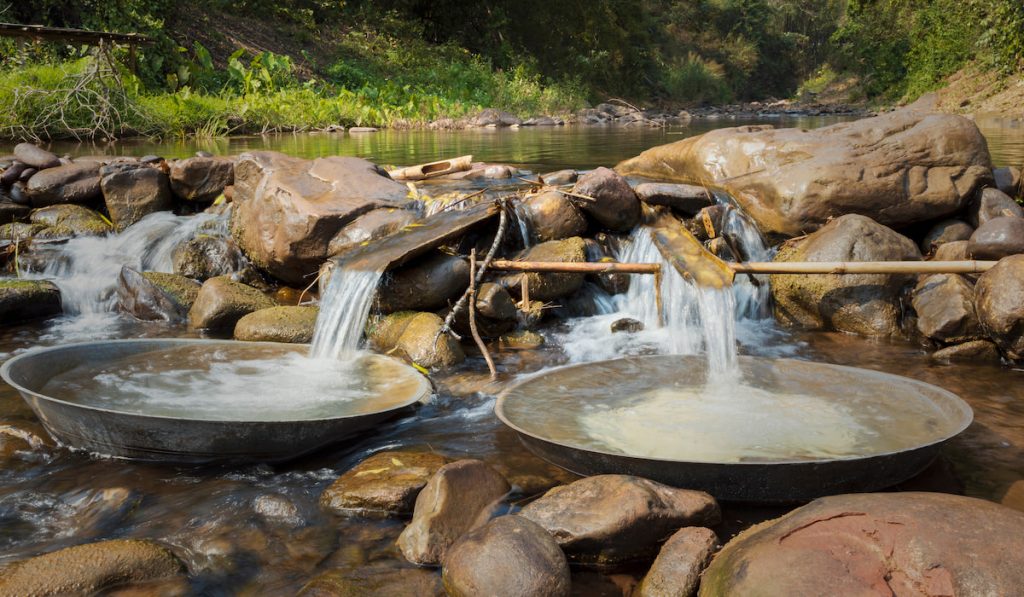
Other Ways to Sterilize Rocks
Aside from boiling rocks, here are other ways to help remove germs from rocks:
1. Bleaching the Rocks
Carefully wash the rocks in soapy water, rinse them, and allow them to dry. When dry, dip them in a bleach solution made of 1 part bleach with 9 parts water.
Leave the rocks in the solution for 30 minutes or more before removing them and rinsing them with pure water.
2. Baking the Rocks
You can bake the rocks in an oven at a temperature of 240°F (115°C) for 15-20 minutes. Baking is as effective as boiling the rocks.
Remember that some rocks can explode so you should not bake cracked rocks or any rock not recommended by rock collectors.
3. Thoroughly Scrubbing the Rocks
This method disinfects the rocks but does not sterilize them. Scrubbing rocks helps remove a lot of microbes, but it is not near 100% as you can get tired along the way and even miss some spots.
This method is completely safe even for cracked rocks.
Related Questions and Answers
1. Why Do People Boil Rocks?
Here are some reasons people boil rocks:
- For Use in Aquariums: If you do not boil rocks, algae from the rock can grow in the aquarium and make the tank messy and unhealthy. They also boil rocks to prevent parasites from the rocks from reaching the fish.
- Displaying the Rocks in a Water Fountain: Remember that water fountains need regular care or they will be covered in algae. Boiling rocks before use can reduce the amount of algae growing in the fountain. You still have to wash and boil the rocks occasionally.
- Bed Warming: Some people boil rocks and place them under their bed linens to keep them warm at night.
2. Can You Boil Shells?
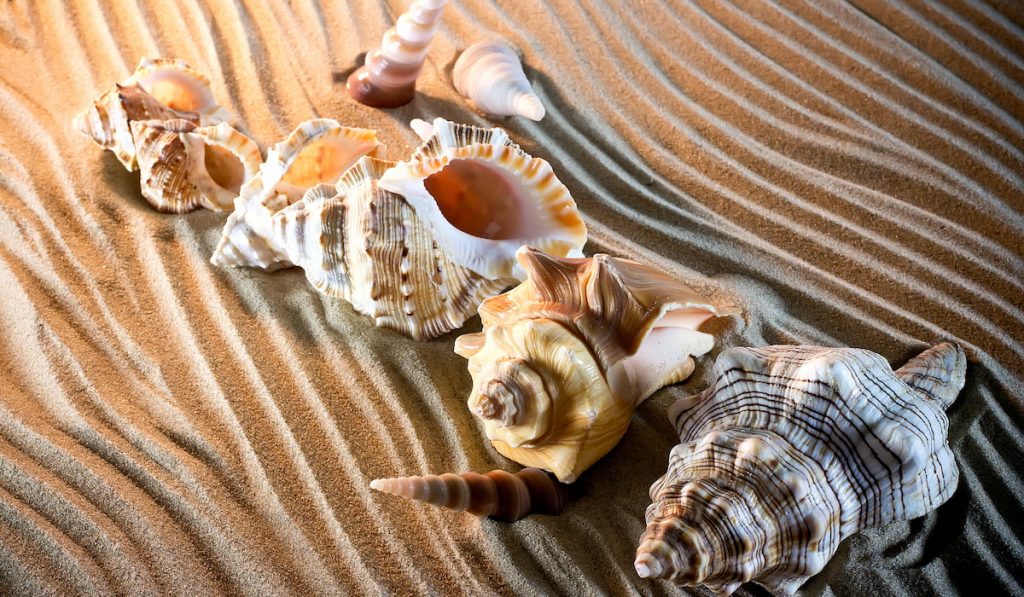
Shells are full of calcium and they may crumble when you boil them in water. Shells are not recommended to be used in aquariums as they can significantly increase the water pH. You should not boil shells or use them in an aquarium.
Oyster shells, however, can be roasted in the fire. The remaining parts of the shell are safe to be used to stabilize the pH of your aquarium. Make sure that you consult local aquarium experts before using oyster shells.
3. Should You Boil Rocks Before Painting?
If your intentions are to paint rocks and not to keep them in or around water for a long time, you do not have to boil them. Remember to wash rocks before painting, though.
4. Which Sterilization Method Is Best: Boiling, Baking, or Bleaching?
Both boiling and baking rocks achieve the same result and they are better than bleaching rocks. It is recommended to boil or bake rocks after bleaching them for two-step sterilization.
Bleaching does not kill 100% of the germs especially if you do not keep the rocks fully submerged in the bleach solution for 30 minutes or more.
5. How Do You Prepare Rocks to Display in an Aquarium?
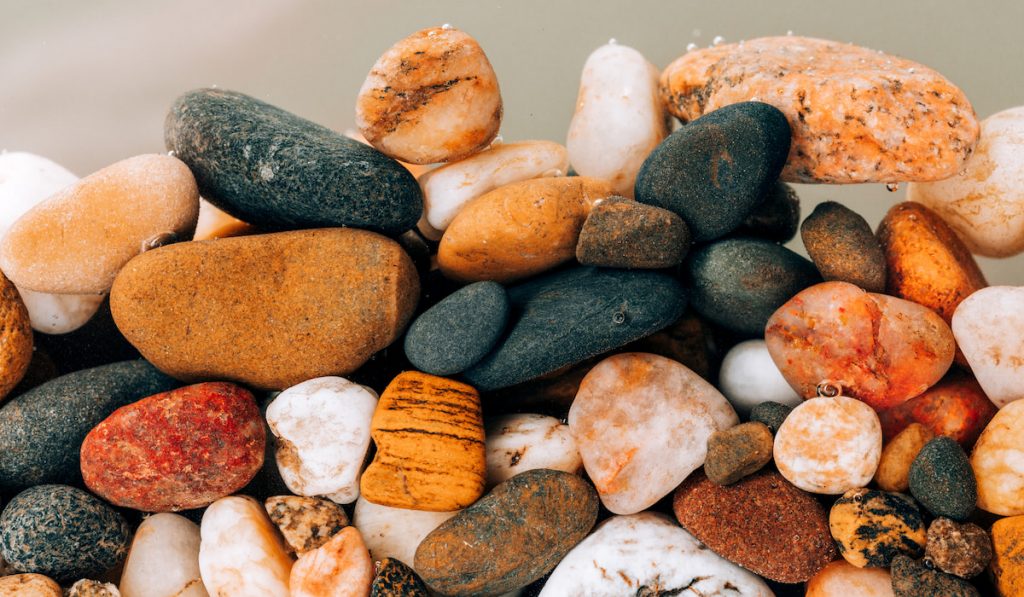
After sterilizing the rocks, you should keep the rocks in pure water for 5-7 days. If you do not notice any algae growth after 4-5 days, you can use the rocks in the aquarium (otherwise, you’ll have to sterilize them again). T
To place the rocks in the aquarium, remember to drain off water and do not throw the rocks into the aquarium as you might break the glass.
Final Thoughts
Boiling rocks is a good thing as it helps to sterilize them. If you boil rocks that can explode, however, they might burst and damage your pot or even harm you.
Be sure to consult the tips written in this article to keep yourself safe when boiling rocks.
Resources
- https://www.outdoorlife.com/blogs/survivalist/video-how-boil-water-hot-rocks/
- https://findanyanswer.com/what-happens-if-you-boil-rocks
- https://frugalinsa.com/bez-rubriki/why-do-people-boil-rocks.html
- https://bearded-money-guy.com/qa/quick-answer-what-happens-if-you-boil-rocks.html
- https://bearded-money-guy.com/qa/quick-answer-what-happens-if-you-boil-rocks.html

